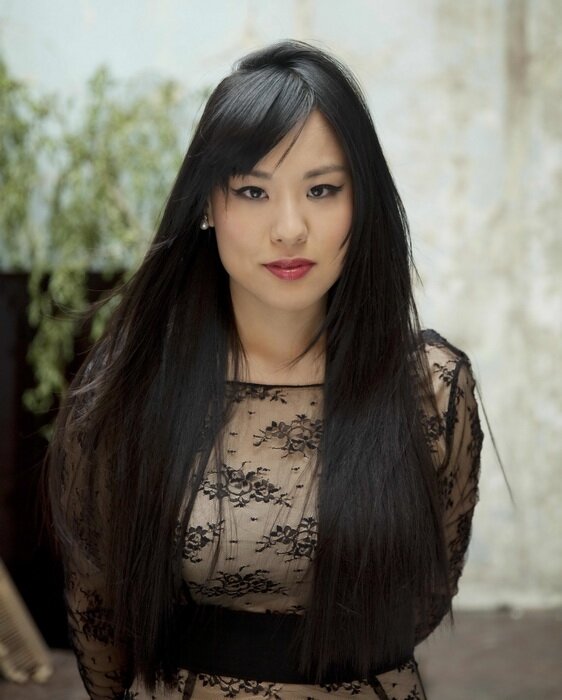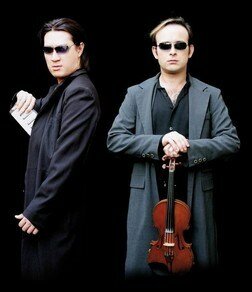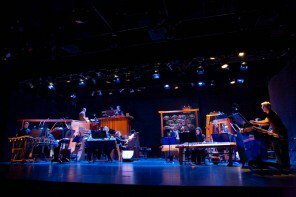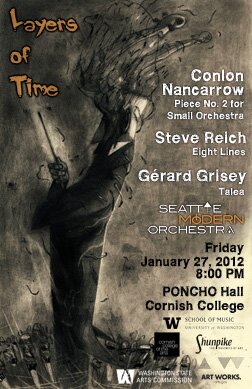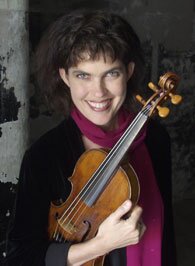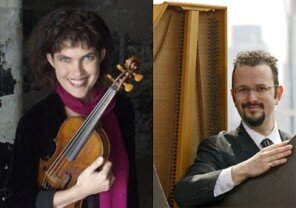Happy New Year! Seattle’s classical music ensembles and concert venues are off to a running start in 2013 with a stellar line-up of performances for the month of January. Explore exciting new works by local composers with the Seattle Rock Orchestra, experience chamber music classics at Seattle Chamber Music Society’s Winter Festival, and celebrate the 100th anniversary of Stravinsky’s The Rite of Spring at the University of Washington. If you’ve resolved to catch more live music in 2013, you’re in luck!
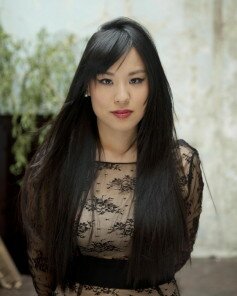
Jan. 10 & 12 — Pianist HJ Lim joins the Seattle Symphony for a performance of Mendelssohn’s Piano Concerto No. 1. Also on the program are works by Stravinsky and Mozart.
Jan. 12 — Seattle Rock Orchestra performs new works for orchestra by a host of local composers, including Nat Evans, Jherek Bischoff, and Evan Flory-Barnes. The concert also features music from Beck Hansen’s Song Reader.
Jan. 12 — West Seattle’s Holy Rosary Church provides an atmospheric setting for Cappella Romana‘s performance of Rachmaninoff’s The Divine Liturgy of St. John Chrysostom. Last year, the Portland-based ensemble visited Seattle for a sold-out concert featuring Rachmaninoff’s All-Night Vigil.
Jan. 18 — Cornish College of the Arts presents a recital by Trio de Kooning, a newly-formed string ensemble dedicated to performing new music by Dutch and American composers.
Jan. 18-26 — Seattle Chamber Music Society presents its 2013 Winter Festival, featuring six evenings of concerts. Highlights include a performance of all six of J.S. Bach’s Brandenburg Concertos (Jan. 24), Bartók’s Sonata for Two Pianos and Percussion (Jan. 20), and free pre-concert solo recitals by Festival artists.
Jan. 18 – 20 — Racer Sessions celebrates three years of improvised and experimental music at Cafe Racer with Cry and Roar, a three-day festival featuring musicians and ensembles that have played a key role in the Sessions’ history.
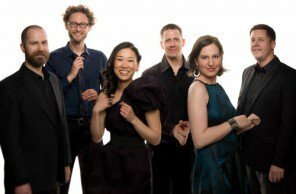
Jan. 22 – 23 — Chicago-based new music ensemble Eighth Blackbird visits the Seattle area for the first time. The Grammy Award-winning group will perform works by Glass, Ligeti, and others on January 22 at Kirkland Performance Center. On January 23, they’ll present a masterclass with students at Cornish College of the Arts.
Jan. 22 — Up-and-coming Japanese pianist Nobuyuki Tsujii presents a solo recital at Benaroya Hall, featuring works by Debussy and Chopin. 24-year-old Tsujii, who is blind, won the gold medal at the 2009 Van Cliburn International Piano Competition.
Jan. 24-26 — In honor of the 100th anniversary of the premiere of The Rite of Spring, the dancers of Compagnie Marie Chouinard perform Stravinsky’s influential work accompanied by the University of Washington Symphony Orchestra. Also on the program is an original choreography set to Chopin’s 24 Preludes, featuring live music by local pianist Brooks Tran.
Jan. 28-29 — The UW World Series presents pianist Christopher O’Riley in two recitals. On January 28, the popular host of NPR’s From the Top will perform his own transcriptions of popular songs by Radiohead, Arcade Fire, and Nirvana. The next day, he’ll take the stage at Meany Hall for a more traditional program featuring works transcribed by Liszt.
Jan. 31 & Feb. 2 — The Seattle Symphony gives its inaugural performance of Messiaen’s Turangalîla-Symphonie, featuring guest artist Cynthia Millar on the ondes Martenot, an electronic instrument similar to the theremin.
